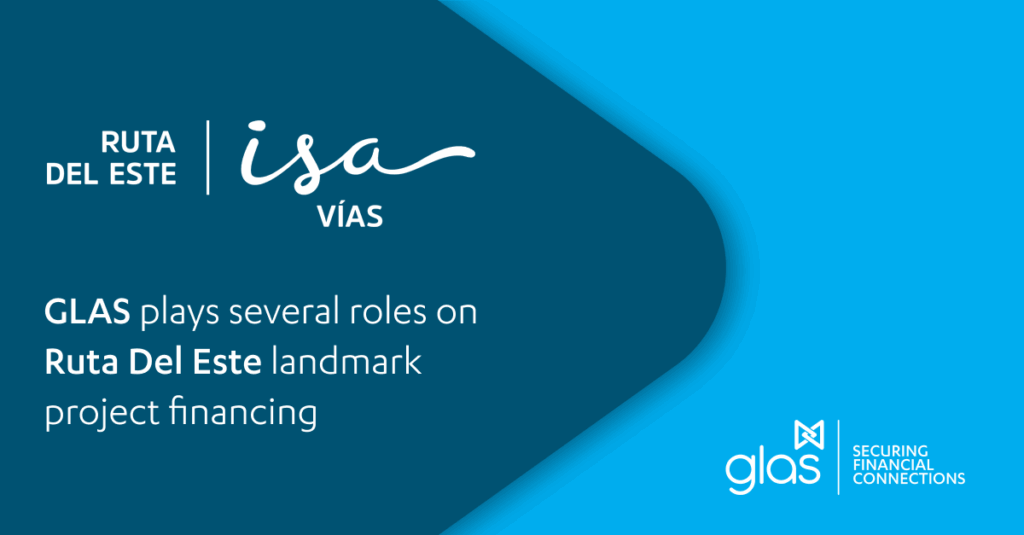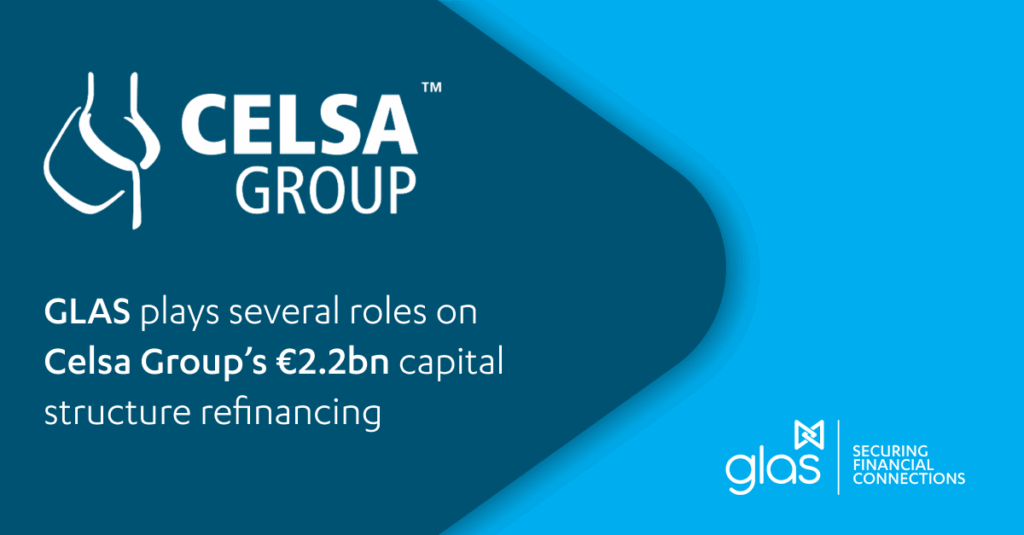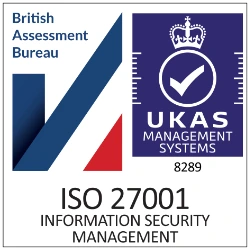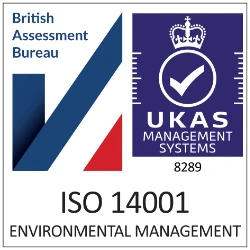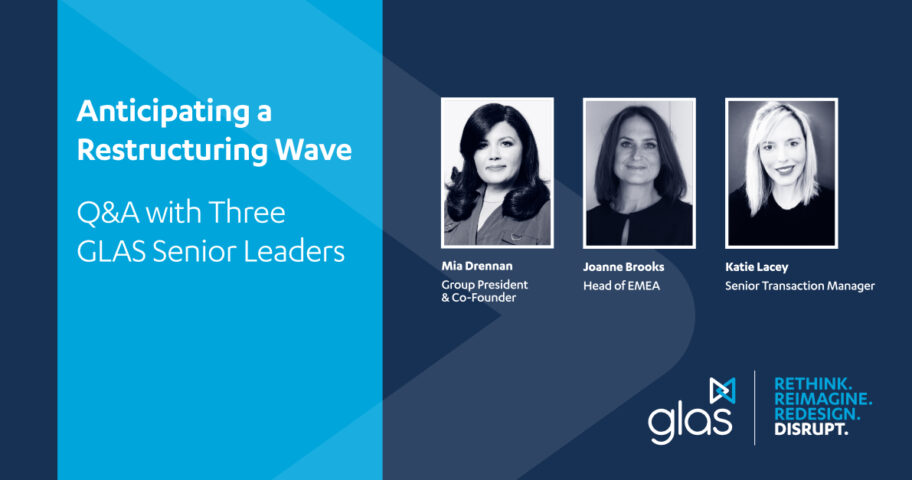
Anticipating a Restructuring Wave: Q&A with Three GLAS Senior Leaders
The evolving pandemic recovery, inflation worries and preparations for rising interest rates around the globe have debt market participants weighing the likelihood of a wave of restructuring activity in H2 2022.
Three senior women at GLAS—Group President Mia Drennan, Head of EMEA Joanne Brooks, and Senior Transaction Manager Katie Lacey—sat down to discuss what’s ahead for the restructuring market and how deal parties can position themselves for success when it comes to agent selection.
What do you anticipate for restructuring deal activity in 2022?
Joanne: Deal flow remains strong, but restructuring activity in 2021 and the first quarter of 2022 has been somewhat quiet. There’s huge amounts of liquidity in the market, but all eyes are on the growing inflation and interest rates hikes around the globe. As these macroeconomic factors take hold, we anticipate a rise in restructurings in the second half of the year.
What should deal parties be thinking about as they select an agent for restructuring deals in 2022?
Katie: One of the driving factors in agent selection must be ensuring the agent has the experience to work on restructuring transactions—a space that is known for complex, difficult situations and decision making. We at GLAS strive to work shoulder-to-shoulder with our clients, acting as a reliable partner that is confident executing and taking action, whether it be consensual or non-consensual.
Joanne: Deal parties have also observed the proliferation of technology in restructuring transactions as a means to provide increased transparency. GLAS has enabled deal parties to electronically share information and provide detail to issuers and other deal participants in real time. Gone are the days where attorneys must call up their agent for updates on consent solicitations—instead, that has been replaced by portals, digitization and full transparency.
Katie: This technology component is especially critical in complex transactions where bondholders want access to as much information as possible. We’ve found that the ease of access provided by our portals actually increases bondholder participation on transactions—a really critical piece for counterparties involved in the deal.
What pitfalls and pain points are deal parties encountering on their restructuring transactions of late? How can they mitigate these risks?
Mia: People really want information at their fingertips, but the nature of restructuring transactions can mean urgent situations at all hours of the day. As an administrator, GLAS is prepared to serve our clients no matter the hour, and our internal legal team and 24/7 technology platform help ease the burden on our clients. On restructuring transactions, we see ourselves as true participants in the deal, sitting at the table with lawyers and other advisors to put our heads together on the risks of the transaction and how we can address them. We understand the granular details of how these structures work, allowing us to be true advisors. We also turn around KYC and compliance in 24 hours—something that can hold up a deal if not done quickly and properly.
Katie: On big restructures, we also counsel on post-restructure entitlements. It can be a burden if deal parties need to tap a separate agent for this process, but GLAS plays an equity agent role to manage things all the way through from start to finish.
Joanne: Clients are also not looking for a one-size-fits-all approach. We use our extensive experience to develop bespoke solutions for unique situations so the deal parties we work with aren’t getting an off-the-shelf product.
What nuances should be considered with a cross-border restructuring situation?
Katie: Deal parties are also looking for an experienced agent, particularly when it comes to cross-border transactions. GLAS has worked on a number of cross-border deals, between Australia and the UK or the UK and the US and more. Our clients value that we can communicate with and handle creditors in one country while dealing with borrowers in another.
Mia: At the end of the day, deal parties simply want a transparent, reactive and commercial agent. They also want their agent to be innovative, using technology to their fullest ability in order to provide the most transparency and real-time reporting possible. Restructurings can often be stressful situations for our clients with lots of moving parts, so at the very least they want assurance that when the deal heats up, their agent isn’t going to look for a replacement. GLAS in particular is more than happy to work through all aspects of the restructuring—both those that are simple and those that are more testy.
GLAS and its team of more than 175 people globally possess the bench and experience to act as agent on the most complex and time intensive restructuring. To learn more about our services, contact a member of our team.


